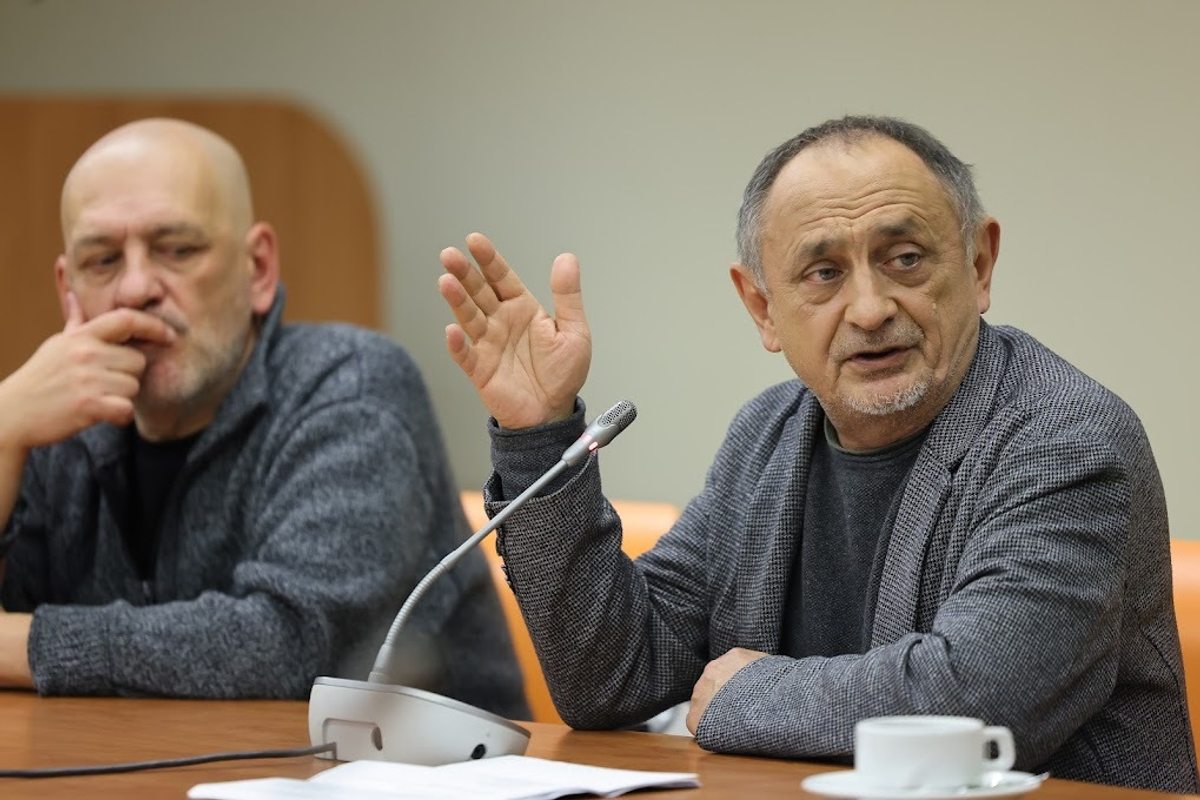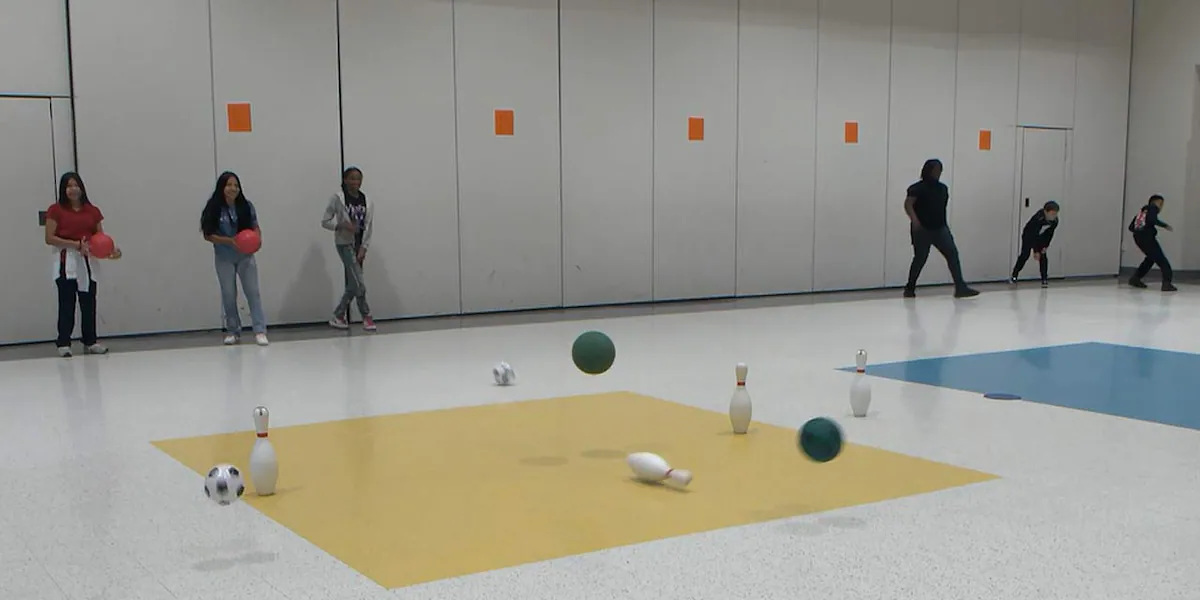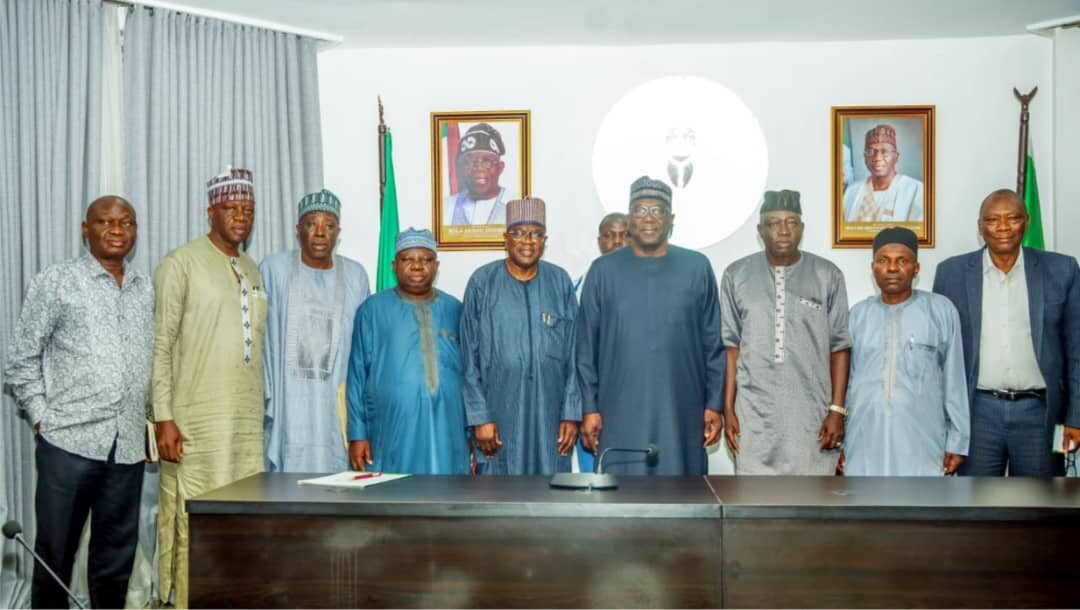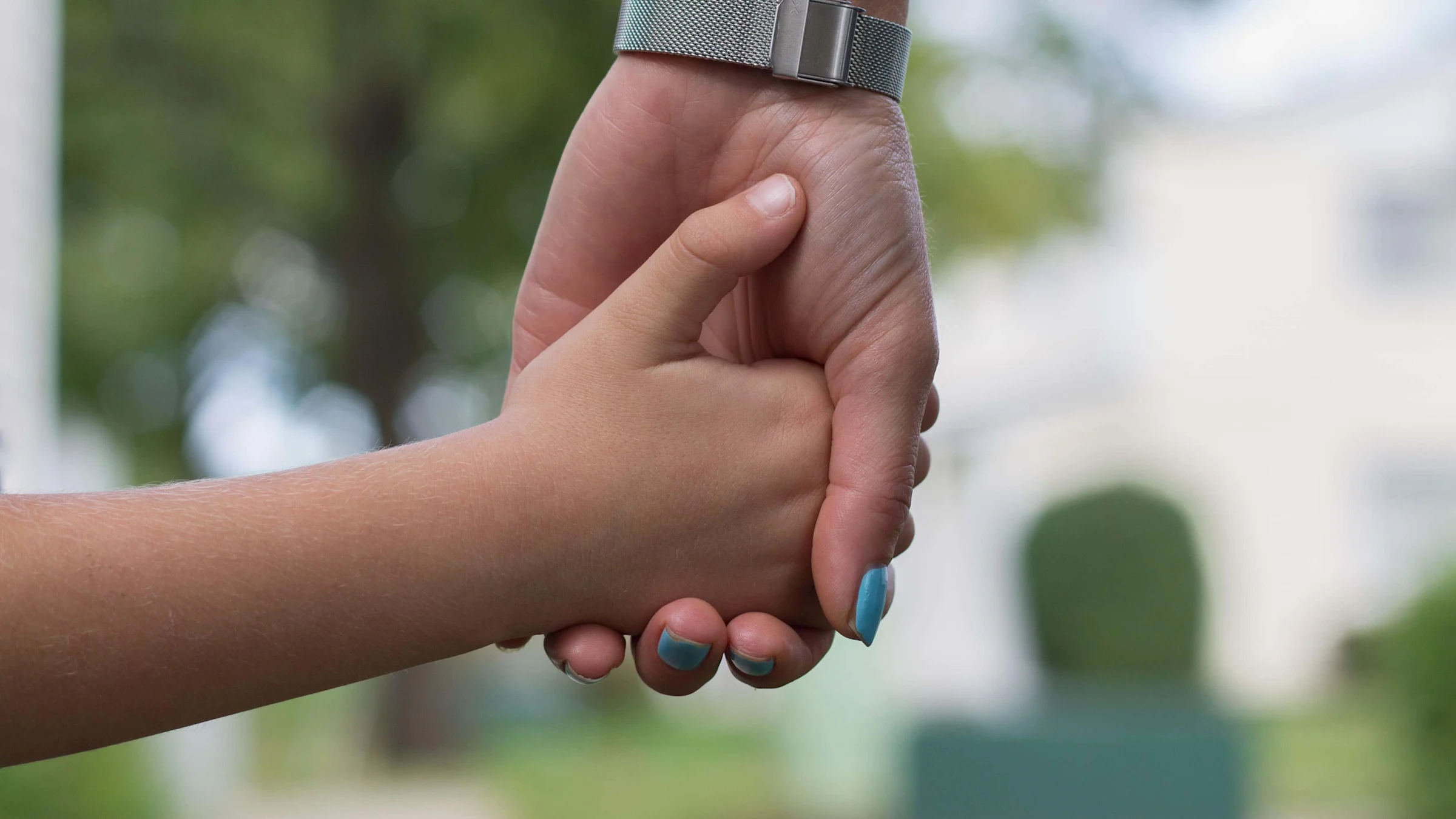By Ugo Poletti
Copyright kyivpost

Many analysts have long been wondering what the Russian population thinks about the war in Ukraine and the Kremlin’s policies.
Kyiv Post interviewed Russian political scientist and political commentator Alexander Morozov, Member of the Council of the Free Russia Forum. He has lived in the Czech Republic since 2013. In 2023, the Russian authorities declared him a “foreign agent.” Morozov used to be teacher at Ruhr University (Bochum) and Charles University (Prague).
Ugo Poletti: What is the current level of support for Putin’s war against Ukraine in Russia? Do Russians genuinely support the war, or is their stance rather dictated by fear, passivity, or the absence of alternatives?
Alexander Morozov: There are two ways of interpreting sociological data. According to one, around 12% of Russian society are staunch supporters of the war, while at the other end around 12% are opponents of the war and of Putin’s political course; in between lies the “swamp” – the mass of people without a clear position, simply willing to follow the decisions of those in power. According to the other interpretation, which is upheld by Russia’s main polling agency VZIOM (Russian Public Opinion Research Center), 65-68% of Russians fully support Putin and his policies, while about 19% are opposed. But these figures matter less than an assessment of the concrete factors shaping attitudes to the war.
The first factor: recruitment is built on very large payments. Russian contract soldiers are paid more than in many armies worldwide. Military families receive not only generous salaries, but also various benefits – mortgages, children’s higher education, and so forth. As a result, several million families are now affected. The second factor: for two years, arms manufacturers have received steady state orders, which has generated major economic activity in a number of regions. The third: businesses involved in import substitution, shadow supplies and construction works in the occupied territories have found new opportunities. This has created new situations for many small entrepreneurs.
Taken together, this has produced millions of social groups who have become beneficiaries of the war. Unsurprisingly, they support Kremlin policy.
Yet if you ask a Russian citizen whether they are for peace or war, of course they will reply: “We are all for peace!” Anyone would. But this does not mean large parts of the population think Russia should stop its aggression against Ukraine. They are convinced that this is a war of the West against Russia, which has always sought to destroy both the Russian state and Russian identity, with Ukraine serving merely as an instrument of the West.
When we say that the Russian population is under the influence of Kremlin propaganda, this is only half the truth. The other half lies in the fact that the Kremlin relies on a genuine resentment among the population – a readiness to shift all responsibility onto “Western hegemony,” onto “Ukrainian neo-Nazis,” onto “liberals” blamed for misguided policies in the 1990s.
Thus, when Putin speaks of the need to eliminate the “root cause of the war,” these are incomprehensible words in world politics. In international conflict resolution, it is impossible to pose questions of a global nature. Yet Putin does so, and within Russia he meets with complete understanding. The population is persuaded that Russia is defending itself from “NATO expansion,” from “American biolabs in Ukraine,” from the West’s intent to undermine the so-called “Russian cultural code,” and so on. Russians believe the root cause of the war is simply that “they don’t like us.” And therefore, “although we Russians are a peaceful people, we can bare our teeth.” At this point Kremlin propaganda actively reminds the population: Yes, we defeated Napoleon, we defeated Hitler, and so forth.
One can put it this way: 65-68% of Russians, including the educated class and entrepreneurs with experience in global markets, tell themselves: We are for peace, but on the terms laid down by Vladimir Putin. That is why the Kremlin enjoys stable support for the war it is waging.
It is no surprise that according to a Levada Center poll in September 2025, 78% of respondents said “yes” when asked if they support the actions of the Russian army in Ukraine, while at the same time 66% favored a shift to peace negotiations. This duality allows Putin to maneuver with Trump and part of the European audience, constantly claiming that Russia is “for peace” and wants to end the war. Meanwhile, the Kremlin continues the war, raising its intensity. This rhetoric of “moving towards peace through war” is strongly reminiscent of both Nazi and Stalinist narratives.
Does the average Russian approve of the use of military force abroad as a way of restoring Russia’s status as a great power? To what extent is this shaped by state propaganda, and to what extent by genuine nostalgia for Soviet influence?
In my view, the average Russian is unsure whether Russia can be restored to great-power status, especially through war. The problem is that the entire “cultural canon” shaping today’s generations of Russians is based on the idea that the state has always been at war. This feels normal. In the 20th century there were not just two world wars: Russia fought for over a decade in Central Asia, fought against Poland, against Finland, then in Korea, then Angola, then Afghanistan, then Chechnya.
Of course, every state has fought wars at some point in its history. But in Russia, “militarization” carries a special significance. For example, Russian historian [Igor] Klyamkin sees Russian history as a history of “cycles of militarization.” These cycles are linked not so much to technological cycles of rearmament, but to the very history of Russia’s territorial development. [Historian] Alexander Etkind calls this “internal colonization”: for three centuries, the Russian state developed by settling territories where towns were founded as military garrisons.
Europe after 1991 developed with the conviction that the last great war on the continent was behind it, and that there would never be another. That conviction underpinned the building of the European Union. But for Russia this philosophy meant nothing. As soon as economic fortunes improved, from 2005 the Kremlin launched a large-scale program of preparation for a future war. Within the Russian General Staff, the view took hold that a major war around 2030-35 was inevitable. In 2014, the Kremlin began testing its entry into that war – and has continued ever since.
Systematically, the Kremlin began preparing the population for war: militarization in culture, in education, in television serials. The entire machinery of administrative and media influence was directed at justifying the “power and greatness” of the Russian people. This theme of “power and greatness” is easily recognized as a hallmark of a totalitarian regime.
Has Russians society changed in recent years as the state has become more authoritarian? Are there signs of war fatigue or disillusionment, or does resignation prevail?
Yes, Russian society has changed radically over the past 20 years. Looking back to 2005, between the 1998 default and the start of Putin’s second term, society was oriented towards economic modernization and the modern culture of global cities. Putin presented himself as a “manager” rather than a “national leader.” Even after the “Munich speech,” the inertia of that period lingered in public attitudes and expectations. Things were improving, and for the first time in a long while households began planning 10-20 years ahead.
By 2011-12, Putin and his circle turned the wheel, and the population followed them in a different direction: through the annexation of Crimea and Donbas – towards authoritarianism and an ideology of conflict with the West. Putin did not last long between the end of the Chechen war and the outbreak of a new one. Now things have gone very far indeed. Russia today is an extremist state, from which anything can be expected.
Society has submitted to an ideology of resentment: a mixture of grievance and confidence in superiority. This is fermented on Soviet yeast, but not only that. This is not a leftist dictatorship but a postmodern, digital one. Putinism has appropriated parts of the neo-Soviet narratives of the Communist Party and national-Bolsheviks, exploits anti-imperialism to manipulate the Global South, but unlike the USSR – driven by Leninism – it is driven by the corporations standing behind Putin.
The population as a whole sees no alternative to Putinism as a model of governance. Every day, the Russian parliament stamps out grotesque new laws restricting civil rights, and the people simply press their ears tighter to their heads. Many of us believe that even if the population does feel disillusionment or a sense of doom – as the Germans did after D-Day and the opening of the second front – they will march on to the end, to collapse. Only then will some new stage begin.
What is the prevailing position of the Russian diaspora towards Putin’s decisions and the war? Can Russian intellectuals abroad play a significant role in shaping future political alternatives for Russia?
The Russian emigration has strong traditions. Politically, no wave of it has ever had a major impact. When it tried, it perished – like Socialist-Revolutionary leader [Boris] Savinkov, or the leaders of the “Eurasianists” who chose to return to the USSR. But the cultural resistance of emigration has had enormous influence: in the first wave of the 1920s, in the 1970s, and right up to the present fifth wave, triggered by the 2022 aggression.
Among the Russian diaspora today, the most valuable work in political terms is being done by those groups who, together with Ukrainian organizations, search for Ukrainian prisoners of war and interned civilians; by those pursuing the establishment of an international tribunal for Putin and a large group of perpetrators of aggression; and by those Russian journalists participating in international investigative projects.
Alongside them are political groups still trapped in the inertia of the 2011-12 protest wave – municipal campaigns, anti-corruption exposés, and the thought that the past might one day return. They draft projects for the future disconnected from any real understanding of society’s condition. These groups attract much attention from Ukrainian audiences with their often-absurd statements.
But I believe our focus should not be on them. It should be on what is happening in the sphere of “cultural resistance.” As before, literature, theatre, documentary cinema, visual arts – in these fields the “cultural canon” is being reworked, a new language is being forged, “testimonies” are being created that will remain significant for decades. If Russia is to have a second chance at “post-Soviet transformation,” its possibility depends entirely on the language that emerges in the cultural emigration and in Russia’s “internal emigration.”
We must remember that when we speak of “working through the past,” of rethinking it, this must be done in Russian. The language must be freed from the totalitarian rust that has corroded it. If this proves possible in the cultural sphere – which always depends on individual effort – then political change may also become possible.



